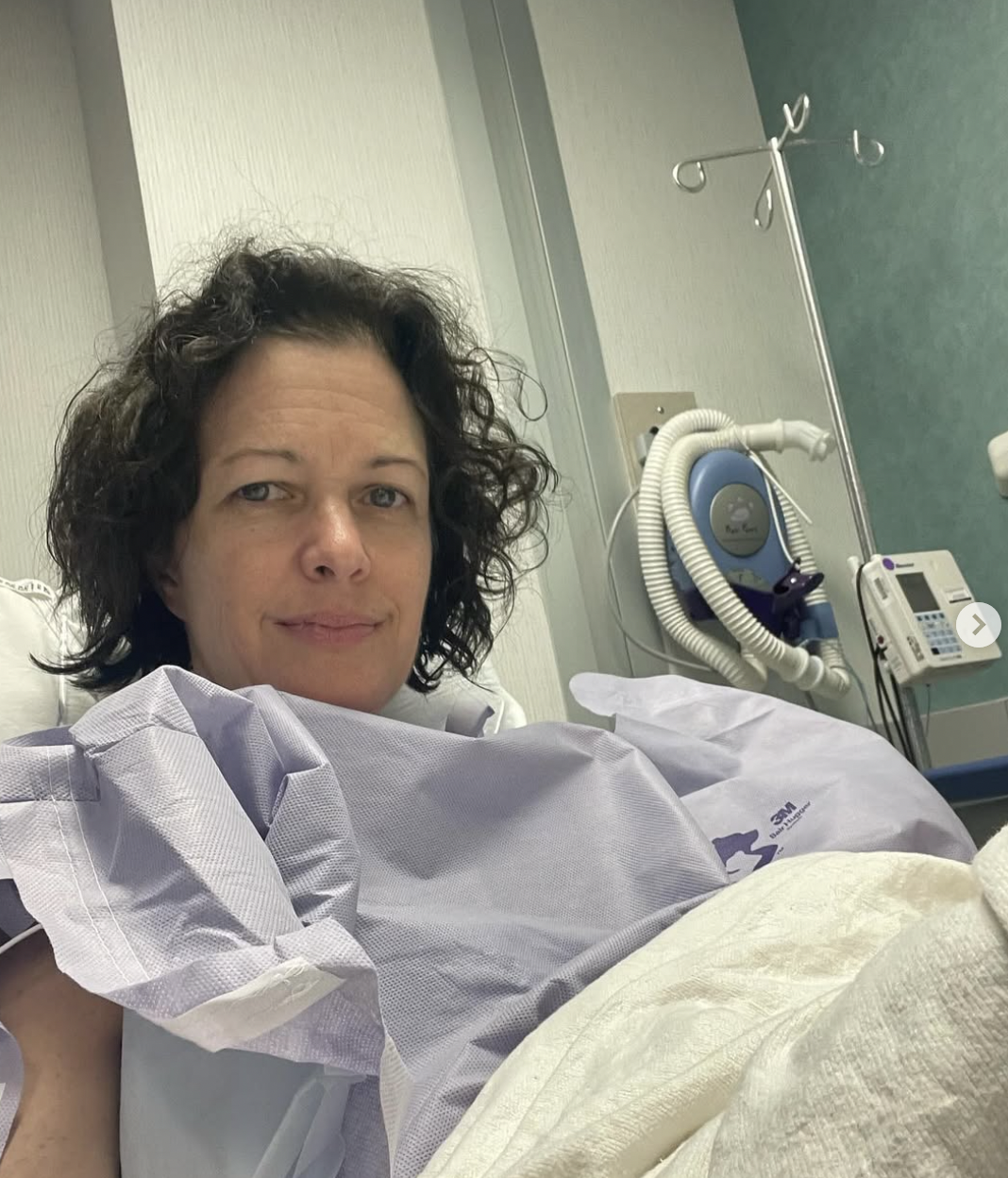“`html
Virginia Woman Seeks Help After Losing Hand in Shark Attack
Elisabeth Foley, a 45-year-old mother of three from Virginia, has faced overwhelming challenges after suffering a traumatic shark attack during a family vacation in Florida. The incident, which occurred in June, resulted in extensive injuries, including the loss of her left hand and significant damage to her body. The attack was part of a disturbing trend that day, with three people bitten by sharks within just 90 minutes, raising awareness on shark encounters and beach safety.
Foley’s journey to recovery has been both physically and emotionally taxing. After the attack, she spent an arduous 60 days in the hospital, undergoing multiple surgeries that involved complex procedures, including nerve repairs and laser treatments. The road to healing has not only demanded physical endurance but has also tested her mental fortitude as she learned to navigate life with a severe disability.
Despite the immense challenges, Foley’s medical team has recommended a myoelectric prosthetic hand—the kind of sophisticated device that uses electrical signals from residual muscles to facilitate movement. This high-tech prosthetic could vastly improve Foley’s quality of life, giving her much-needed independence and restoring much of the mobility she lost in the accident.
One of the most disheartening aspects of Foley’s situation is her insurance company’s refusal to cover the cost of the recommended prosthetic, which amounts to $73,000. The insurance company has labeled the device as “not medically necessary,” leaving Foley to navigate the daunting landscape of medical billing and reimbursement, which can often appear exceedingly complex and frustrating for patients.
Foley’s testimony highlights the struggle many individuals face when dealing with insurance companies, particularly in cases that involve debilitating injuries. Without the prosthetic, Foley has expressed that her quality of life is severely diminished, limiting her ability to engage in everyday tasks that many people take for granted—such as simple household chores or activities with her children.
In light of her situation, Foley has turned to crowdfunding to help finance the prosthetic device. As of recent reports, her GoFundMe campaign has amassed over $60,000 in donations, reflecting both community support and the broader empathy many feel for her plight. Additionally, Foley has been documenting her recovery journey and advocating for her cause on social media platforms, notably Instagram, where she has garnered positive reinforcement and encouragement from her followers.
Foley’s struggle resonates in a larger context as well, highlighting a growing national concern regarding the healthcare system’s tendency to prioritize profit over patient care. In recent months, incidents, such as the tragic death of UnitedHealthcare CEO Brian Thompson, have sparked conversations about the ethical dilemmas inherent in the insurance industry. This landscape of frustration underscores a collective yearning for substantial reform in how healthcare is delivered and managed in America.
Conclusion
Elisabeth Foley’s battle for a myoelectric prosthetic hand serves as a poignant example of the intersection of personal hardship and systemic issues within the healthcare industry. While Foley’s campaign has gained significant traction, her situation represents a broader struggle many face in trying to obtain essential medical devices and care. As she continues her recovery and seeks the support she needs, her story stands as a rallying cry for those advocating for better patient rights and a more compassionate healthcare system.
FAQs
What happened to Elisabeth Foley?
Elisabeth Foley lost her left hand after being attacked by a shark while vacationing in Florida in June 2023. She underwent extensive surgeries and spent 60 days in the hospital for recovery.
Why is Elisabeth seeking public help?
Her insurance company refused to cover the cost of a myoelectric prosthetic hand, stating it is “not medically necessary.” Consequently, Foley is relying on crowdfunding to afford the device.
What is a myoelectric prosthetic hand?
A myoelectric prosthetic hand is an advanced device that utilizes electrical signals generated by residual muscles in a limb to control its movement, allowing the user greater independence and mobility.
How can I help Elisabeth Foley?
You can contribute to her GoFundMe campaign to assist in covering the costs of the prosthetic device. Additionally, following her journey on social media can also help raise awareness about her situation.
Is this a common issue faced by others?
Yes, many individuals who suffer severe injuries often face challenges in securing the necessary medical devices and treatments due to insurance policies that may not consider them essential for recovery.
“`

